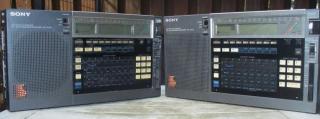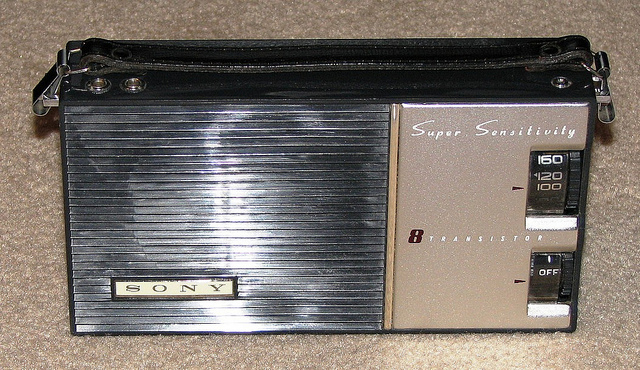Whether it be the North Korean state engaging in cyber espionage, hacktivist collectives, cyber mafia groups or the tooth fairy whodunnit, what many people feel about the recent break in and disclosure of internal documents at the Sony Corporation is schadenfreude.
It couldn’t happen to a better bunch of folks.
The Sony Corporation would like us all to forget their shameful history of secretly installing rootkit malware on millions of computers running Microsoft Windows. It was all part of Sony’s effort to impose Digital Restrictions Management (DRM) on people who had purchased Sony music CDs.
There’s a rather lengthy Wikipedia article describing Sony’s actions:
“The Sony BMG CD copy protection rootkit scandal of 2005–2007 concerns deceptive, illegal, and potentially harmful copy protection measures implemented by Sony BMG on about 22 million CDs. When inserted into a computer, the CDs installed one of two pieces of software which provided a form of digital rights management (DRM) by modifying the operating system to interfere with CD copying. Both programs could not be easily uninstalled, and they created vulnerabilities that were exploited by unrelated malware. Sony claims this was unintentional. One of the programs installed even if the user refused its EULA (End User License Agreement), and it “phoned home” with reports on the user’s private listening habits; the other was not mentioned in the EULA at all, contained code from several pieces of open-source software in an apparent infringement of copyright, and configured the operating system to hide the software’s existence, leading to both programs being classified as rootkits.
Sony BMG initially denied that the rootkits were harmful. It then released, for one of the programs, an “uninstaller” that only un-hid the program, installed additional software which could not be easily removed, collected an email address from the user, and introduced further security vulnerabilities.
Following public outcry, government investigations, and class-action lawsuits in 2005 and 2006, Sony BMG partially addressed the scandal with consumer settlements, a recall of about 10% of the affected CDs, and the suspension of CD copy protection efforts in early 2007.”
You can listen to Thomas Hesse, then president of Sony BMG’s Global Digital Business division’s attitude towards secretly planting rootkits on people’s computers here.
Of course this isn’t the only time that Sony has abused its customers.
Sony had marketed the “Other OS” feature on early versions of its PlayStation 3 gaming consoles to entice customers into buying this device. This feature allowed customers to install another computer operating system on their PlayStation; usually GNU/Linux-based operating systems.
This enabled users not only to use their PS3 to play computer games, but also to use them as simple general purpose computers.
In April, 2010, Sony pushed through a firmware update that wiped out the “Other OS” feature resulting in more class-action lawsuits from angry customers. Sony’s stated reason for doing this was for supposed “security reasons.”
Of course this was a total joke because in April, 2011 one of the largest data breaches in history took place on Sony’s PlayStation Network (PSN). User information on some 77 million user accounts was stolen!
There is a rather lengthy history of data breaches at Sony dating back to 1999 that you’ll find on the attrition.org website.
With the current data breach, Sony has again demonstrated that it has learned absolutely nothing about even the most rudimentary cyber security. We have learned that long lists of internal company passwords were stored in plain text file folders with names like “Password.”
Now we have U.S. politicians and techno illiterate media pundits practically calling for World War III to make the world safe for arrogant and totally incompetent corporations.
To pile stupid on top of stupid, Sony has pulled the film The Interview (allegedly what provoked the cyber attack) from the movie theatres.
What should Sony do? Sony should go back … way back and do what it has always done best. Make transistor radios! I’m dead serious!
When it was released in 1955, the Sony TR-55 took the world by storm!

The Sony ICF-2010 multiband portable radio was probably the best damned portable radio ever made. Whoever heard of a post-microchip-era electronic product that stayed in production for 16 years?
Sony started making these radios in 1985 and didn’t stop until 2001! Hell, I own two of them!
I saw one ham radio operator do a presentation on this radio at a local radio geek club some years ago. He spoke so glowingly and in fact lovingly about this radio that I thought he was about to come to tears! Radio geeks still get into major bidding wars when an ICF-2010 shows up on Ebay.
Now that’s excellent work.
But don’t let Sony get anywhere near a networked computer.



